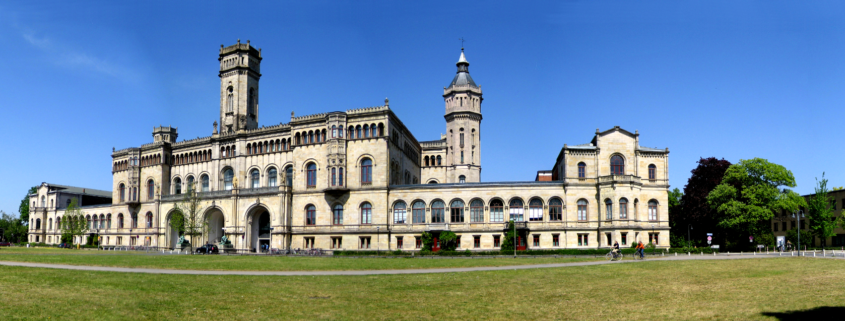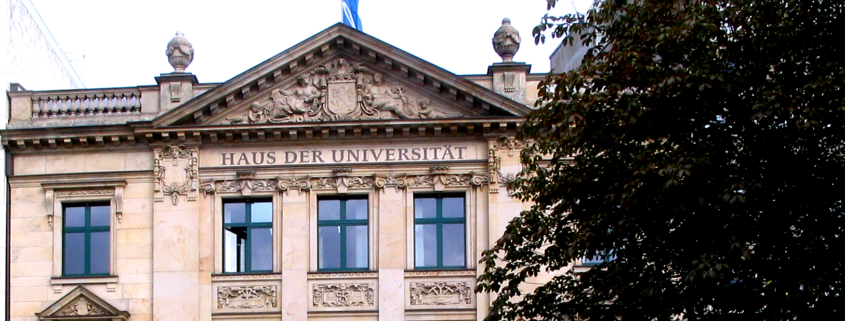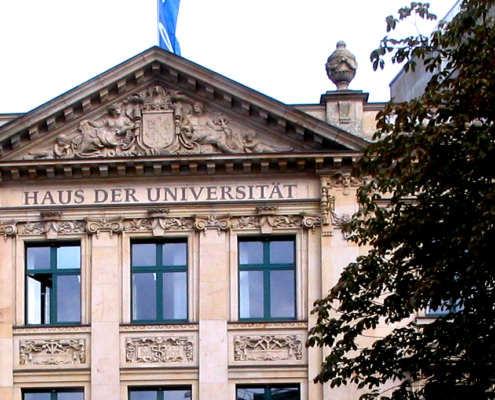Submitted by Thomas Reydon, University of Hannover.
Call for Applications (extended): Human Nature and the Question of Human Individuality
(Second Interdisciplinary Summer School on Individuality in the Life Sciences)
25-29 July 2016, Gut Siggen (East Holstein, north of Lübeck, Germany;
see http://toepfer-stiftung.
The concept of human nature and the question of how it relates to human individuality is among the most controversial topics in the life and social sciences. ‘Human nature’, as traditionally conceived, presumes an essence of ‘being human’ that can be interpreted as at conflict with claims about individuality and heterogeneity. Furthermore, it illustrates the complex intermingling of society and science, of norms and natures, and of values and facts. For instance, societal assumptions about what is normal contribute to the practice of making generalizations about what is human, which then becomes its own epistemic practice. Yet, all sciences that deal with humans necessitate generalizations to a certain extent. Debates surrounding these issues tend to parallel discussions about race, but there are important differences too. What does the history and sociology of claims about ‘human nature’ look like, especially in contrast with the idea of individuality? How have related concepts and points of comparison changed in post-essentialist times? Do we need to eliminate all talk about human nature, as already suggested for the concept of human race, because it disregards individuality and leads to the exclusion of people conceived of as ‘less human’?
This is the second of two international and interdisciplinary summer schools on individuality organized by the Philosophy of the Life Sciences in Germany network and funded by the Volkswagen Foundation. The first summer school took place in July 2015 and explored questions about biological individuality in general. This second summer school will focus on the concept of human nature and on human individuality. Both summer schools aim to bring together different perspectives in the life sciences from philosophy, history, and social studies.
Lecturers:
Torsten Heinemann (Hamburg)
Edouard Machery (Pittsburgh)
Erika Milam (Princeton)
Henrike Moll (Southern California)
Organizers, instructors & chairs:
Marie I. Kaiser (Cologne), Maria Kronfeldner (Budapest), Thomas Reydon (Hannover), Georg Toepfer (Berlin)
Program:
Day 1: Arrival – introductory presentations by the organizers – build groups and establish themes for group work – group work
Days 2-4: Lecture – group work – brief presentations by students
Day 5: “Meet a scientist” session – closing discussion – departure after lunch
A total of 20 places are available for advanced PhD students and recent PhD’s working on the philosophy and history of the life sciences, on social studies in the field, or on other related areas. Accommodation and meals will be covered for all participants. In addition, participants will receive travel grants, which should cover a considerable portion of the costs for travel to Gut Siggen. There is no participation fee.
How to apply: Send a single PDF containing a cover letter (no longer than two pages) and a CV (no longer than four pages) by email to toepfer@zfl-berlin.org Your cover letter should include a description of (1) your general research interests, (2) the topic you are currently working on, and (3) it should make clear how participation in the summer school is relevant to your current and future work. The deadline for applications has been extended to April, 29th, 2016. Admission decisions will be made by the beginning of May. For further information, please contact toepfer@zfl-berlin.org















































